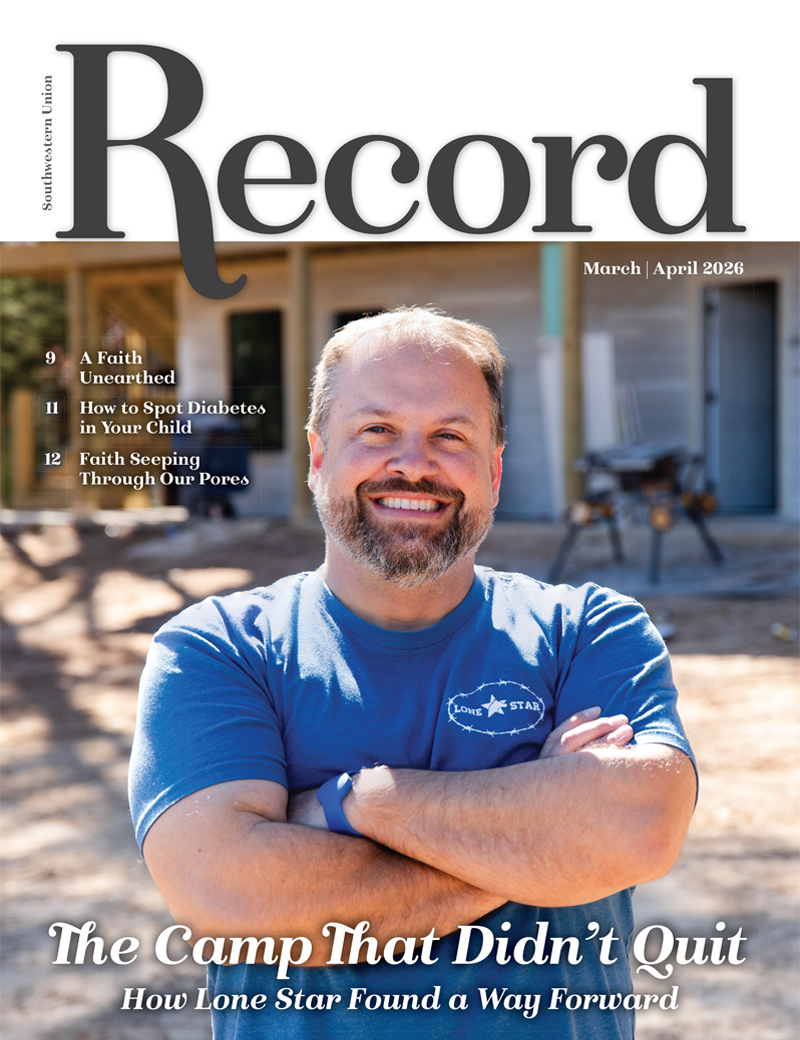Collecting Souls for the Kingdom

Osvaldo Rigacci collected stamps. He had albums full of stamps of different colors from places around the world. But when he left Argentina in 1988, he gave away most of his collection. Today, he spends his time collecting souls for the Kingdom. As Vice President for Multicultural Ministries, the souls he collects come in different colors and are from places around the world—and they are far more precious than stamps.
The Southwestern Union is a diverse territory, where out of the approximately 125,000 Adventist believers, more than 42,000 come from a Hispanic background and another 5,000 come from a variety of diverse backgrounds.
Rigacci’s job is to adapt union initiatives to work within non-English-speaking cultures and build cultural bridges throughout the Southwestern Union. “Sometimes, if our approach is not adapted and customized to that specific culture,” he says, “they don’t follow through with that project or initiative.”
These adapted initiatives include:
Proyecto de Discipulado (Discipleship Project): This initiative uses the concepts of consecration, compassion and commitment to encourage members to develop and grow as disciples.
Avivando la Llama (Fanning the Flames): These events equip church members with the tools to win souls for Jesus.
Expandiendo el Reino (Growing the Kingdom): These training events equip church leaders to work together in growing the kingdom of Heaven.
Creciendo Juntos (Growing Together): This comprehensive program encourages intergenerational growth in churches.
“We are trying not to put too many projects or initiatives that are just from the union,” Rigacci comments, “but [we are] trying to encourage the people and motivate the people to follow through [on local and conference initiatives]—with the flavor of that community and of that culture.”
One of the challenges that face multicultural churches in the United States is how to work with second- and third-generation Americans who have one foot in American culture and another in the culture of their heritage. Too often these individuals don’t feel like language-specific churches meet their needs. Many wind up leaving the church. Some find new homes in other congregations, but others don’t. Rigacci encourages language-specific churches to include programs in English, and likewise for English-speaking churches to provide programs in other languages so that the complete spiritual and social needs of these second- and third-generation Americans can be met.
Providing relevant spiritual communities for future generations is personally important for Rigacci. He and his wife, Monica, are grandparents to not one, but two sets of triplets. It is his desire that these grandchildren will grow to find a home in the church—no matter what language they choose to worship in.
By Lori Futcher
Record Writer


